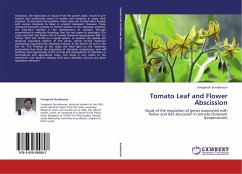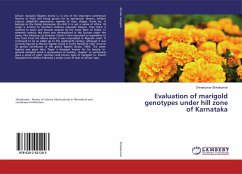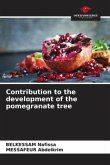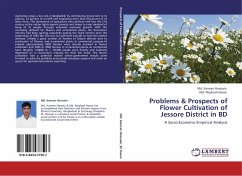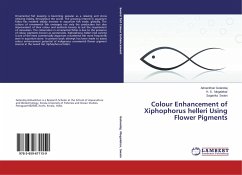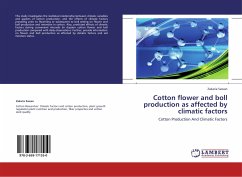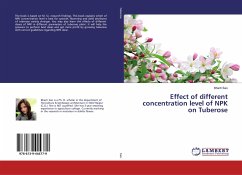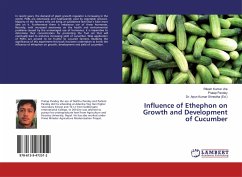Abscission, the separation of organs from the parent plant, results in pre-harvest and postharvest losses of quality and longevity in many fresh produce. To overcome this problem, many crops are treated after harvest with various chemicals to delay or prevent abscission. However, these chemical treatments provide an interim solution to the abscission problem; the long-term solution is the development of cultivars, through conventional or molecular breeding, that are not prone to abscission. Our study used leaf and flower AZs of tomato (Solanum lycopersicum Mill, cvs. 'Shiran 1335' and 'VF-36') as a model system, to examine the spatial and temporal expression pattern of the genes, which control molecular mechanisms regulating the abscission process, in the flower AZ and in the leaf AZ. The findings of this study will shed light on the molecular mechanisms that drive the acquisition of abscission competence, and will facilitate novel approaches to the control and manipulation of abscission in horticultural and agricultural crops. This study is very useful to the researchers and students dealing with plant abscission process and gene regulation networks.
Bitte wählen Sie Ihr Anliegen aus.
Rechnungen
Retourenschein anfordern
Bestellstatus
Storno

